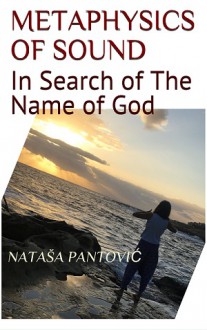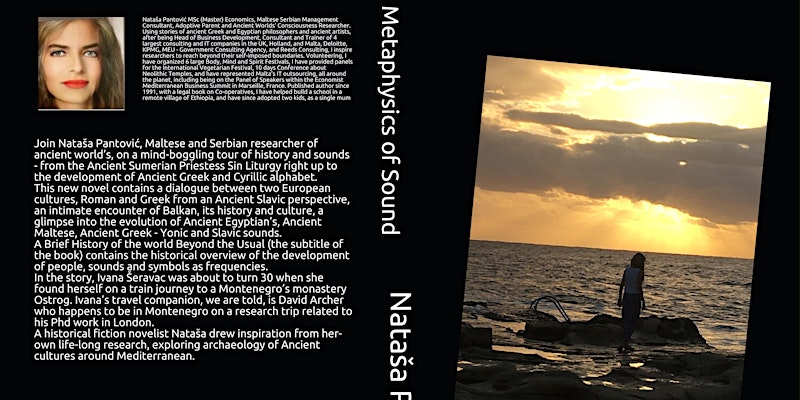
You own a company that does business with internationally renowned clients and whose press statements are published worldwide. Your business may not yet exist, but due to the growing global economy, these dreams have become a reality for many companies like yours.
As the economy and the corporate world remain global, we see that the need for language translation services has become even greater than ever. Writeliff writeliff.com/ recognized it very well and responded efficiently in terms of providing high-level translation services. Translation experts shared their ideas and thoughts about current industry trends and what companies need to be aware of in order to compete successfully. We will discuss this in this article.
Why are companies translating their content?
Companies can have a number of motivations to translate their content to the global audience. It may be to facilitate ventures and commercial partnerships abroad or to expand its market penetration and sell to consumers worldwide. However, for whatever reason, today's companies are becoming more specific as to what content they are dedicated to translating and to which audience.
I found an interview with Dougal Cameron, the Director of Operations for the electronic book publishing platform, called Pubsoft. He shared some great ideas that all global companies should know. He said people are avoiding doing 20 or 30 different quick translations. There is more emphasis on why it is translated for a particular audience. An accurate and simple translation can make a big difference in the way the content is obtained.
Take another expert's opinion into consideration. Ian Henderson, Chief Technology Officer at one of the technology companies, says that both poor-quality translation and very sophisticated translation cause a bad impression of the business on the target audience. It also negatively affects the brand, as the content is the first thing people read to learn more about you and your company.
So, what should you know?
If any company wants to translate its content, there are usually three main options, they are automatic translation, professional translator, and crowdsourcing. Each has its own pros and cons and specific purposes.
Which should you look for?
The translation modules that apply to certain content are based on their nature and priorities. You can use high-level translation services for your creative versions or advertising campaign, automatic translation for internal purposes, and crowdsourcing for user-generated content. The trend is becoming smarter about your content and selecting the right quality properly.
Writeliff offers highly professional translation services that not only allow you to present your content to the audience in the desired way but also to deliver the brand's message most positively and accurately.
http://www.bbc.co.uk/search?q=translation and localization


 Log in with Facebook
Log in with Facebook 










